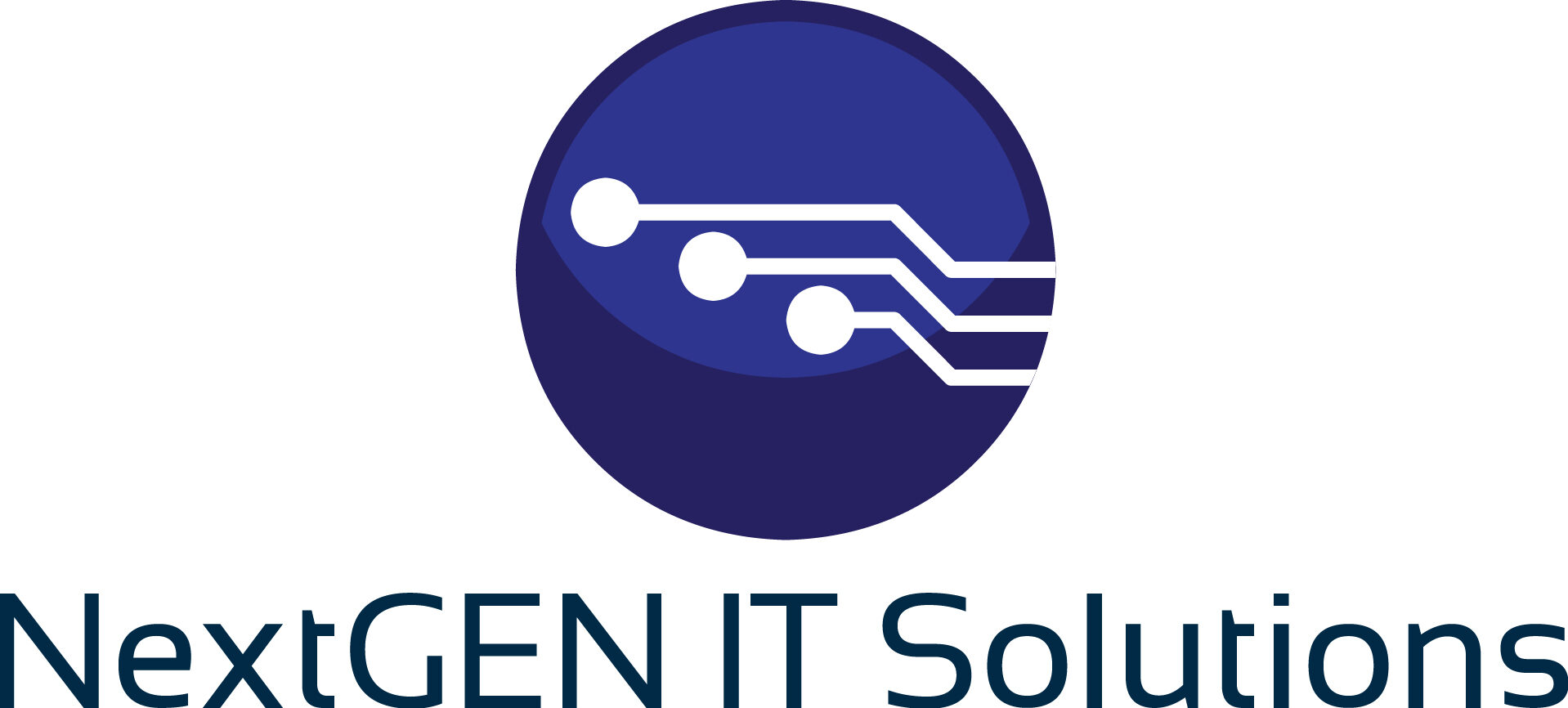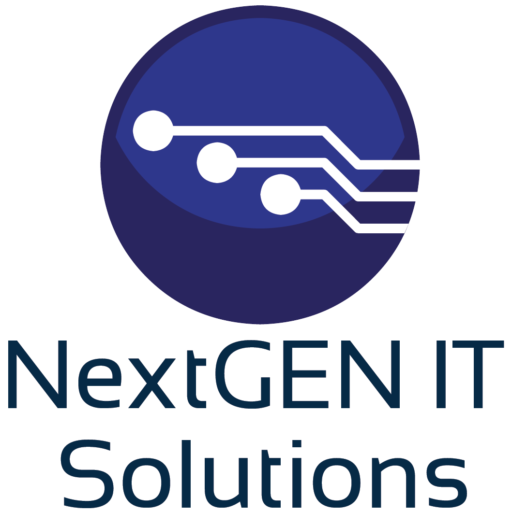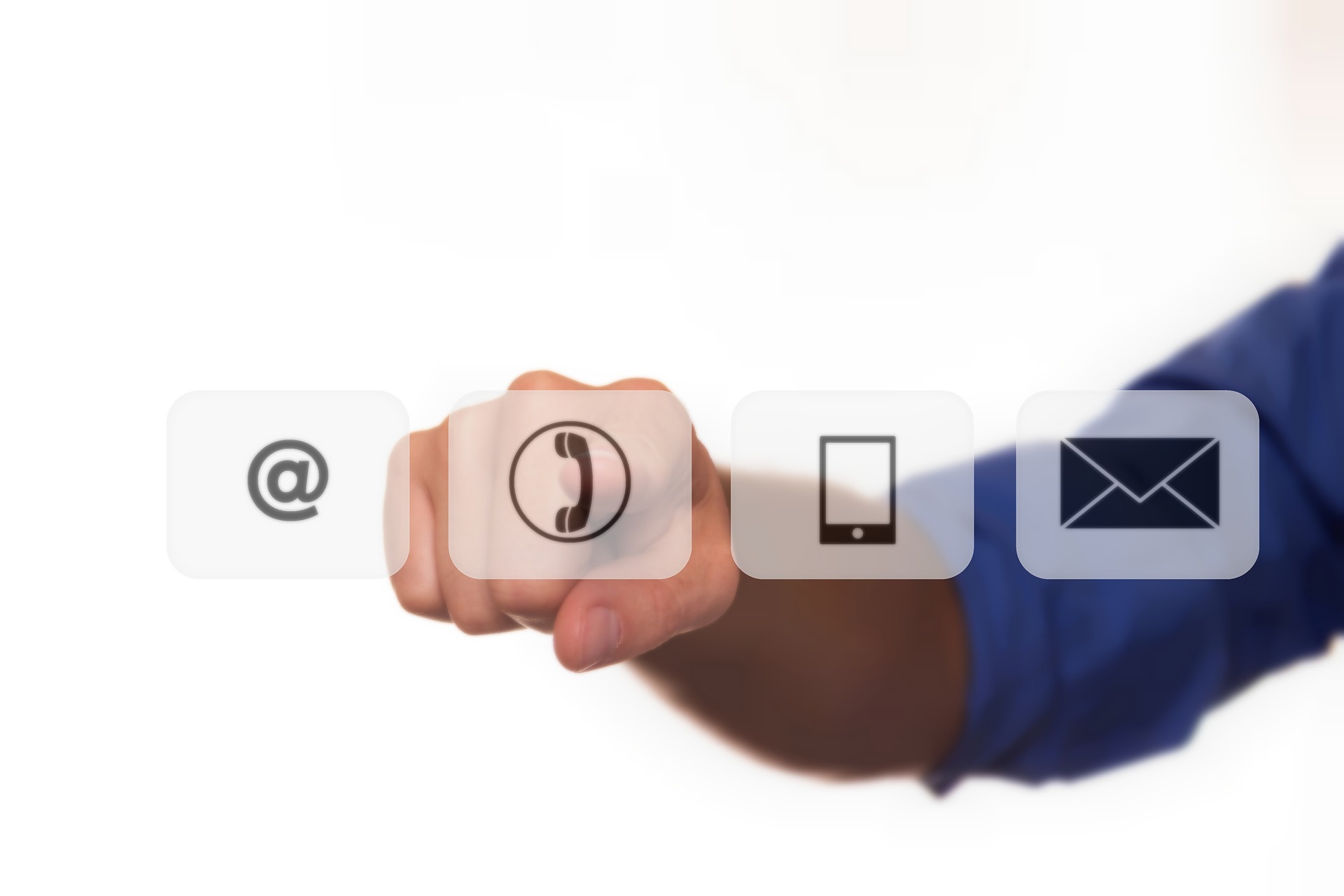Why Your Business Must Implement Email Security Now

Why Your Business Must Implement DMARC, SPF, and DKIM Now: Stop Email Spoofing Before It Costs You
In today’s digital landscape, cybersecurity isn’t optional—it’s essential. Yet many businesses still fail to implement DMARC, SPF, and DKIM, leaving them wide open to phishing attacks, domain spoofing, and email-based threats that can cripple operations and destroy customer trust.
In this post, we’ll explore what DMARC, SPF, and DKIM are, why they matter, and the critical urgency to take action now. If you haven’t already locked down your email domain with these protocols, it’s time to fix that before it’s too late.
What Are DMARC, SPF, and DKIM?
SPF (Sender Policy Framework)
SPF is an email authentication method that lets you define which mail servers are authorized to send emails on behalf of your domain. By publishing SPF records in your domain’s DNS settings, you prevent unauthorized servers from faking your email address.
DKIM (DomainKeys Identified Mail)
DKIM uses encryption to validate the authenticity of an email message. It attaches a digital signature to each message header that receiving mail servers can verify. If the message is tampered with or forged, the signature won’t match, and the message will be flagged.
DMARC (Domain-based Message Authentication, Reporting & Conformance)
DMARC builds on SPF and DKIM by adding a policy layer. It tells receiving servers what to do if SPF and DKIM fail—whether to quarantine the message, reject it, or deliver it anyway. It also provides detailed reports so you can monitor your domain’s email traffic and spot abuse.
Why You Must Implement DMARC, SPF, and DKIM Immediately
Email Spoofing Is on the Rise
Cybercriminals are constantly looking for new ways to exploit vulnerabilities, and email spoofing remains one of the most effective techniques. If someone spoofs your domain and sends malicious emails to clients or partners, the damage can be catastrophic—not just financially, but reputationally.
Think about it: would your customers trust your brand again if they received a phishing email that looked like it came from your CEO?
Lack of Implementation is Still Shockingly Common
Despite the proven benefits, many businesses have not implemented DMARC, SPF, and DKIM. A 2024 report found that over 60% of small to mid-sized businesses are still unprotected. Why? Often it’s due to lack of awareness or the misconception that their existing email platform already handles everything.
Spoiler alert: It doesn’t.
This is one of the most pressing vulnerabilities we see in our security audits at NextGEN IT Solutions.
The Consequences of Not Securing Your Domain
If you don’t implement DMARC, SPF, and DKIM, you’re leaving the door wide open to:
- Phishing attacks targeting your customers or employees
- Loss of email deliverability (your legit emails could end up in spam)
- Brand reputation damage from impersonation
- Compliance risks under regulations like GDPR or HIPAA
- Potential legal consequences if client data is compromised
The fix is simple—and we’ll even do it for you.
How to Implement DMARC, SPF, and DKIM
1. Start With a Domain Audit
Your first step is identifying what domains are sending email on your behalf. That includes your mail servers, CRM platforms (like HubSpot or Salesforce), newsletter platforms (like Mailchimp), and any third-party tools.
2. Configure SPF
Create a TXT record in your DNS settings that lists all the IP addresses and services that are allowed to send email from your domain.
Example SPF record:
makefileCopyEditv=spf1 include:_spf.google.com include:mailgun.org ~all
3. Set Up DKIM
Your email service provider will generate a public/private key pair and a DNS record to publish the public key. Make sure DKIM signing is enabled and working correctly.
4. Deploy DMARC
Create a DMARC record in your DNS that defines how mail servers should handle emails that fail SPF and DKIM.
Example DMARC record:
iniCopyEditv=DMARC1; p=quarantine; rua=mailto:dmarc-reports@yourdomain.com
You can start with a “none” policy to monitor traffic, then shift to “quarantine” or “reject” once you’ve validated the setup.
Need Help? Act Now Before You Get Spoofed
This might sound like a lot—but it’s one of the most valuable security upgrades you can make. At NextGEN IT Solutions, we help businesses implement DMARC, SPF, and DKIM quickly and correctly.
Our team has seen real-life spoofing attacks damage companies that assumed they were protected. One of the first things we do for every new client is audit and lock down their domain email security.
Common Misconceptions About Email Authentication
“We use Microsoft 365/Google Workspace—we’re covered.”
False. These platforms support DMARC, SPF, and DKIM, but they don’t configure them automatically. You still need to set up the proper DNS records.
“We’re a small business—nobody would target us.”
Cybercriminals love small businesses because they often lack proper security. Your business may not be famous, but if your email is trusted, it’s a prime spoofing target.
“I don’t understand DNS—this sounds too technical.”
That’s okay. You don’t have to be an IT expert. Let a trusted provider like us handle the implementation while you focus on your business.
What Happens After Implementation?
Once you implement DMARC, SPF, and DKIM, you gain several key benefits:
- Better email deliverability: Your legitimate messages are less likely to land in spam folders.
- Brand protection: Prevent others from impersonating your domain.
- Reporting & visibility: DMARC provides insights into who’s using your domain and whether they’re authorized.
- Customer trust: Your clients and partners will know emails from your domain are secure and authentic.
Final Thoughts: It’s Time to Take Action
Email security isn’t something you can afford to put off. If your domain is not protected with DMARC, SPF, and DKIM, you’re at serious risk—and the longer you wait, the more vulnerable you become.
Don’t be the business that acts only after a breach.
Let’s get this done right the first time.
📞 Call us at 724-204-1950 or email info@nextgen-itsolutions.com to schedule a free domain email security audit. We’ll help you lock it down and keep your communications secure.
Need help with implementation?
Reach out to the pros at NextGEN IT Solutions. We’ll configure your DMARC, SPF, and DKIM settings to ensure your domain is fully protected—before cybercriminals make you regret it.



